Postpartum Depression in Fathers???
Most new fathers expect to experience challenges after their baby is born. Challenges such as trying to soothe a crying baby, changing diapers, a lack of sleep, less sex, juggling work with home life; the list goes on and on. One challenge most fathers do not expect to suffer from is postpartum depression. Postpartum depression or PPD has long been associated with mothers who have recently given birth and are experiencing a significant drop in hormones; however PPD can actually be experienced by mothers, fathers, and even adoptive parents.
How common is PPD in men? Research indicates that around 10% of fathers will experience PPD. Some of the symptoms of PPD include anger or irritability, difficulty concentrating, decreased motivation, depressed mood, feeling sad or crying for no reason, engaging in risky behaviors, and thoughts of suicide or death. One important red flag to watch for is isolation. Fathers suffering from PPD tend to isolate themselves from others. They often withdraw and become workaholics or they may become overly preoccupied with video games, cell phones, or other hobbies. Fathers may also increase in their alcohol use or drug use or engage in extra marital affairs to cope with the situation. Men are conditioned not to express their feelings and tend to look for ways to suppress the feelings they are experiencing.
So what causes PPD? It’s important to know that PPD is caused by a variety of factors. First, men with PPD often have lower levels of testosterone. Like women, men also experience a drop in hormones after pregnancy. Fathers are also at risk for PPD due to relationship problems, low social support from friends and family, lack of sleep, history of depression, and feeling overwhelmed. Men are also 25-50% more likely to suffer from PPD if their partner is diagnosed with PPD. New parents are very much impacted by one another’s mental health.
Getting Help. If you are a new father and are feeling overwhelmed or overly stressed, talk to someone. As men, we often feel like we need to “Man up!” or “Toughen up” and the problem will just resolve itself. While there is nothing inherently wrong with being tough or manly, problems often become worse if we ignore them. Men who do not receive help for PPD often feel less connected to their partner and to their baby. This lack of connection can impact the quality of their marriage and the type of relationship they develop with their new child. Suffering in silence hurts the entire family and there is nothing manly about that. Becoming a parent is one of the most challenging times in people’s lives. It is common to feel overwhelmed.
If you are experiencing difficulties, reach out to others for help. Discuss your experience with your partner or another friend or family member. You can also seek out a therapist to talk with about your experience. Postpartum Support International (PSI) is another resource for new parents. They have information specifically targeted at new dads: https://www.postpartum.net/get-help/resources-for-fathers/. Please reach out if you need help.
Brandon Eddy, PhD., MFT-Intern
To learn more about Brandon and to book an appointment, visit: https://www.psychologytoday.com/us/therapists/brandon-p-eddy-las-vegas-nv/429034

